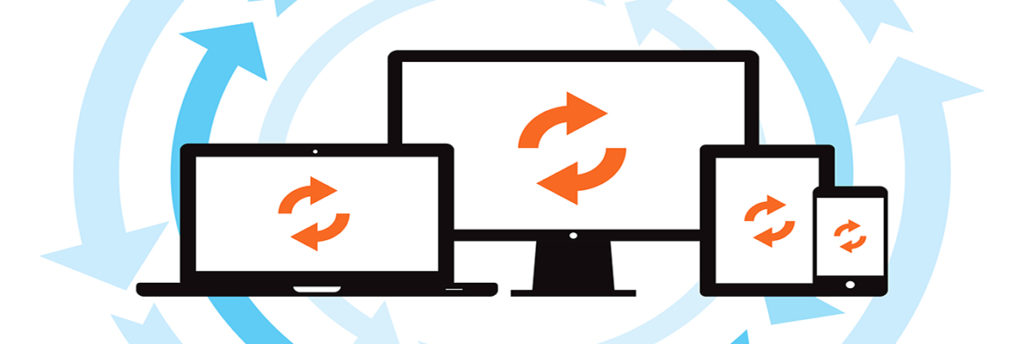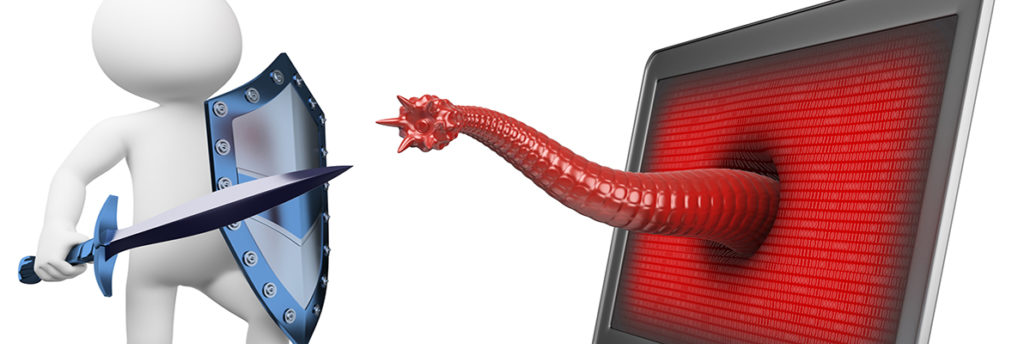There are some important differences between Mac and PCs for the average consumer. Macs tend to be popular with people who want everything working fairly quickly without having to download more software. PCs tend to be popular with people who value expandability and want a good price on a computer. What you end up buying will depend on how you intend to use your computer.
Macs vs. PCs – Hardware
PCs tend to get the latest hardware faster than Mac computers. This is especially evident with CPUs, as PCs are more likely to have higher clock speeds than their Mac equivalents. Macs go through product release cycles which limit the number of times they can change their hardware internals.
It’s undeniable that Macs look like higher quality machines than your average PC. There is a perception that Macs are better for creative people, but that might just be because artistic people value Apple’s designs. Although the Adobe suite of applications like Photoshop and Lightroom are available for both Mac and PC, creatives likely favor iMacs and Macbook Pro laptops because of their stylish aluminum designs. But higher end computers come with a higher price. One advantage that PCs enjoy is that they’re more cheaper than Macintosh products out of the box. Whether they are a better long-term value is open to opinion.
Windows PCs offer lots of flexibility and much more customization. If you’re a gamer, then you’ll want to go with a PC desktop machine. A PC desktop can be expanded with a high-end graphics card to keep up with demanding games. A Mac is more of a controlled-environment machine that isn’t meant to be expanded much beyond plugging in USB devices. As far as gaming, it should be noted that you can game on a Mac, but the gaming titles available for the Mac pale in comparison to what’s available for a PC machine.
Macs vs. PCs – Software
Macs traditionally have system software that is more optimized for their hardware. This is because Macs provide both the hardware and the software that runs on that hardware. Windows has to create an operating system that runs across a variety of 3rd-party hardware, which requires regular maintenance. But compatibility is usually assured as long as you stick with a name brand PC vendor.
Many people elect to stay with PCs because they run software that is better optimized to run on it compared to a Mac. But this is going to depend entirely on the type of software that you’re using. If you use Office, then you might go with a PC since Office is well optimized for Windows. There are plenty of video editing and audio editing software packages that are better optimized for Macs, so it comes down to what software you use the most.
PCs are famous for their blue screens of death, and for freezing up, though that’s getting better. Windows and Mac computers both suffer from occasional slow downs or crashes, but the remedy in both cases is often restarting the computer. (Kicking it is not recommended, but there’s a reason it’s called “re-booting.”) If that doesn’t work, then call us at 440-476-3351.
Many people say that Macs are overpriced, but it depends on your perspective. Some people are willing to pay more for the integrated, dependable, reproducible experience that a Mac gives them. The included apps on a Mac, like iTunes and Photos, are more fully featured than their PC equivalents. But it is true that if you’re just comparing technical specs, a PC will be cheaper. It all comes down to whether or not you think the premium is worth it. It’s often noted that while PCs have users, Macs have a following.
If you’re looking for guidance in choosing or setting up your new computer, contact Patient Computer Help.





